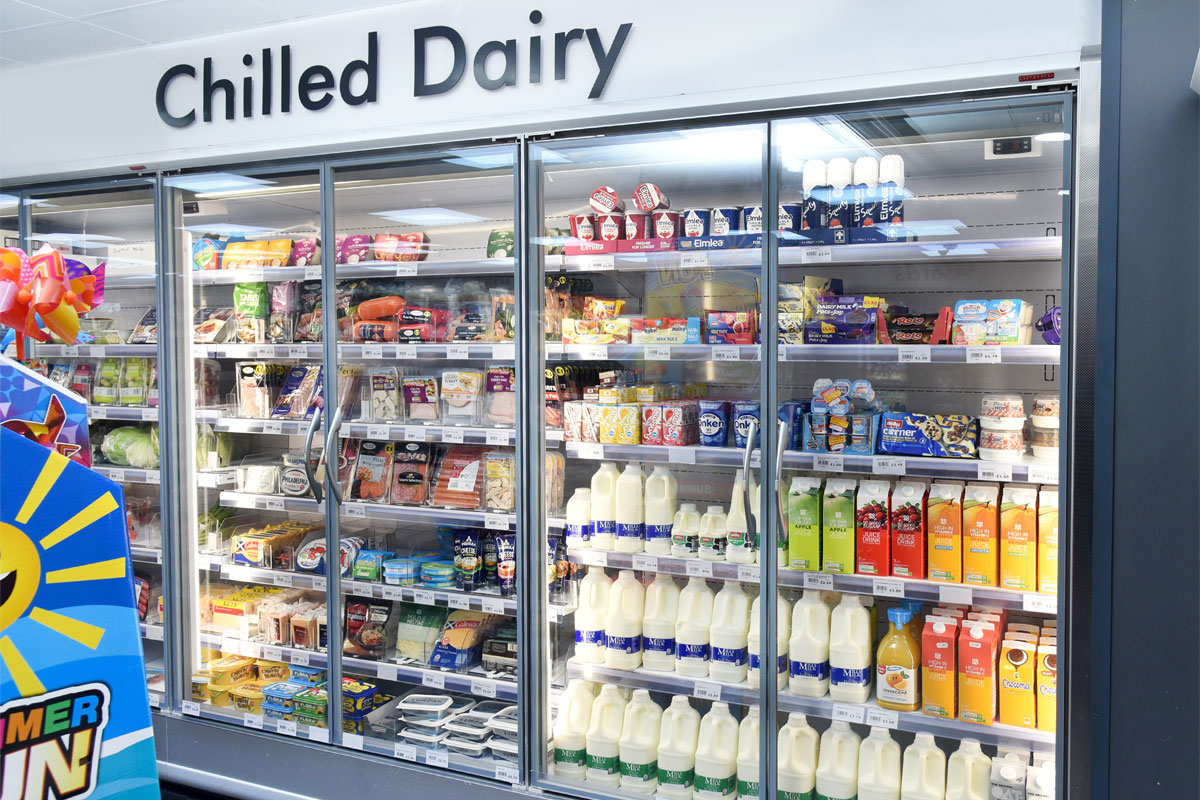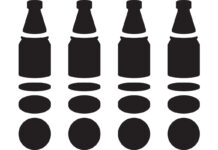Lowest rate in over 3 years for CPI for September

UK inflation has hit its lowest rate in over three and a half years as the CPIH rate rose by 2.6% in the year to September, according to the latest data from the Office for National Statistics.
This marked a new low for the CPIH rate after seeing a recent peak of 9.6% in October 2022. Downward contributions to the new rate came from, most notably, a drop in transport costs but this was offset but some upward movement in food and non-alcoholic beverages.
While the rate of inflation for food and non-alcoholic beverages has seen a continued drop in recent months, September saw a slight rise for the division from the previous month, and sat at 1.8% in the year to September. This was 0.5 percentage points higher than the August figure.
This slight rise has been put down to an increase in price for products such as cheese, milk and eggs as well as fruit. However, this was slightly offset by a fall in price for bread and cereals, though not enough to prevent an overall impact on the division.
Though it is believed this increase in prices will do little to deter consumer purchasing for the month ahead as the consumer price index (CPI) number sat at 1.7% in the year to September, falling below the target 2% for the first time.
As a result of this, Amy Knight, small business commentator at NerdWallet UK, reckons shoppers may be more encouraged to spend a little more as the all-important Golden Quarter continues.
Knight said: “Inflation cooling so significantly puts some power back in consumers’ pockets, with the promise of cheaper borrowing around the corner injecting confidence into the whole economy.
“Small businesses, for whom quarter four can be make or break, will look forward to higher customer spending now that CPI has reached 1.7%.
“With pressure mounting on the Bank of England to cut rates on 7 November, interest on business borrowing could soon come down, easing the financial pressure on firms with outstanding debt and opening up new financing options that have been out of reach.”
Indeed, some of this confidence may have already fed through to the Scottish consumer-base as Kantar has noted an increase in the take-home grocery sales in Scotland.
Covering the 12 weeks to 29 September, overall take-home sales in Scotland increased by 2.3%, driven by some festive shopping with some early Christmas purchases on the rise, with a boost for confectionery as we approach Halloween.
Lesley-Ann Gray, strategic insight director at Kantar, said: “This increase was driven by the early appearance of Christmas ranges in stores, which boosted some seasonal favourites with growth significantly higher in the market.
“Shoppers are treating themselves, with sales of mince pies up 13.5% compared to last year. They also appear to be planning ahead, as packs of seasonal and gifting biscuits increased by 7%.
“Additionally, stocking up for Halloween — whether for trick or treaters, or ‘guising’ as it is known in Scotland — seems to be in full swing, with sweet and chocolate confectionery up 7.1% and 3.2%, respectively, in value compared to this time last year.”






















